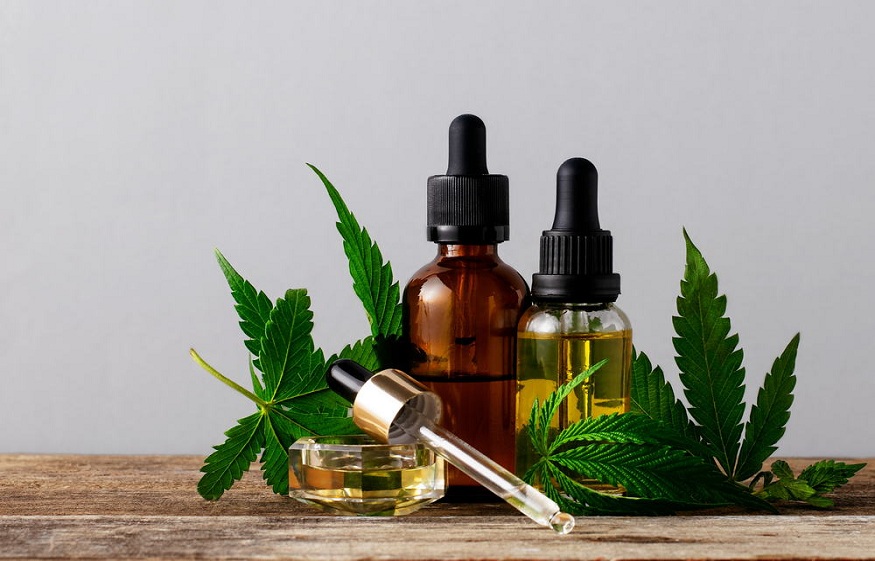Medical Cannabis and the Quality of Life Question
Millions of people around the country use medical cannabis. They are scattered across nearly 40 states and the District of Columbia. For a lot of them, choosing to use medical cannabis is a quality of life issue. Cannabis may not cure what ails them, but it makes them feel better.
Supporting medical cannabis based on its ability to improve quality of life makes perfect sense. So why does quality of life so infrequently come up when lawmakers debate decriminalizing medical cannabis? It is reasonable to discuss safety, efficacy, costs, and other factors. But surely there is room to discuss quality of life as well.
How Medical Cannabis Can Help
Lawmakers can debate efficacy until the sun goes down. They can look at clinical data in hopes of determining whether cannabis does anything at a physiological level. But when it comes to quality of life, you are dealing with a very personal issue that is difficult to quantify. To understand why, let us look at how medical cannabis seems to help for three commonly cited conditions:
1. Chronic Pain
Chronic pain affects an estimated 20% of all American adults. Chronic pain is pain experienced either daily or almost daily for a minimum of three months. As someone who personally knows people with chronic pain, I can tell you that it greatly diminishes quality of life.
The Beehive Farmacy medical cannabis dispensary near Logan, UT, says chronic pain is the number one complaint cited by medical cannabis patients. By giving them some relief, cannabis allows them to live a more normal life. And with a more normal life comes a better quality of life.
2. Posttraumatic Stress Disorder (PTSD)
PTSD patients frequently complain of anxiety, depression, nightmares, and insomnia. Plenty of patients who also medicate with medical cannabis say that their medicine choice relieves their symptoms. How much better is their quality of life when they are not suffering from the mental anguish PTSD is known for?
3. Cancer Pain
Cancer is a terrible disease that includes pain among its symptoms. Unfortunately, cancer patients can experience additional pain from their treatments. Nausea, anxiety, and insomnia are also fairly common.
For many cancer patients, medical cannabis is the only thing that relieves both pain and the discomforting side effects of chemotherapy and radiation. Cancer treatments can be so uncomfortable that patients reject them just because they want a better quality of life for however long they have left. But if they can get cancer treatments and still find relief through medical cannabis, they get the best of both.
It can be hard for someone who has never experienced chronic pain, PTSD, or cancer to fully appreciate how any one of the three conditions can greatly diminish quality of life. If a person’s perception of quality of life suffers enough, it could lead to mental health issues, or worse.
How It Works Doesn’t Matter
Among the many criticisms of medical cannabis is the belief that it doesn’t actually do anything. When patients provide anecdotal evidence to the contrary, the response is often rooted in the placebo effect: people experience relief because they expect to.
Citing the placebo effect is an invalid argument when we are talking about quality of life. It doesn’t really matter how medical cannabis works if patients who use it find symptom relief and subsequently experience a higher quality of life.
In closing, we would all do well to remember that most of the symptom-relieving medications we take are designed to improve quality of life So if quality of life isn’t a valid reason to medicate, we all need to make some changes.


Leave a Reply
You must be logged in to post a comment.